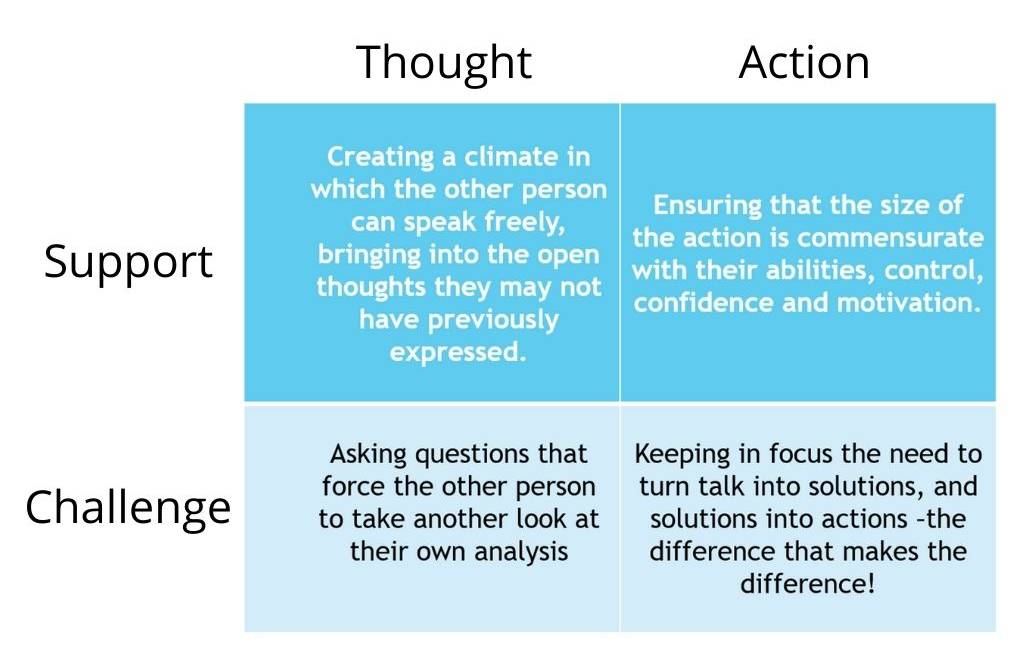Leadership And Executive Coaching: How To Unlock Your Potential

An excellent culture breathes productivity, and a stale one leads to something less than optimal results. The basis of every leader’s job is to optimize the results of the team they lead. Are you a born leader? Then, you are truly fortunate, however, some experts would say that it is the wrong question to ask yourself. Even if you are a natural-born leader, every individual can still grow as a leader. Simply looking at other leaders alone, may be misleading and create unnecessary misfires. Leon Neyfakh summed up one of these potential pitfalls, “The leaders we idolize are the last ones we want to be in charge”. (The Boston Globe)
Many leaders carry the flag saying the team ‘follow me;’ in reality, your subordinates need to, at least to a degree. However, does this address the question of whether your teams WANT to follow you? Are you getting the very best effort from those you employ? What if you are dragging the team in the wrong direction, will your people speak honestly with you about the dangers they see ahead which you may be blind to or will they be afraid of the conversation? Changing scenarios, deals, market competition, customer demands, etc., creates many pressure points on leaders, do you feel like you are alone in that pressure? The adage, it is ‘lonely at the time’ has real-life consequences which coaching may be a valuable tool to help address.
What is an Executive Coach
Before stating how you can unlock your potential with Executive coaching, below are a few quick points to help explain the concept. An Executive coach is external to an organization and can help with leadership development and improvement.
Executive coaches generically have two different styles of coaching. Understanding what is the best fit for you is an important beginning point. The first type is more consultative coaching. Consultative coaching relationships tend to lead with advice on how to solve problems. The second approach leads with more challenge and support to a leader’s thinking. Both philosophies may have value, they simply bring different benefits to the relationship. My practice leans more towards the latter and is the point of view which this article is coming from. The following simple matrix is a good high-level visual of the solutions-focused model just described.
Solutions Focused Model for Executive Coaching:
In Executive Coaching, the coach helps improve executives and the organization’s performance as a whole. Coaching helps develop a leader’s self-awareness by providing a safe and private setting of open dialogue, challenge, and support. The focus is to aid leaders in identifying and confronting their own blind spots while helping hold them accountable for their actions and inaction.
Do You Need an Executive Coach?
A survey of venture capitalists showed that almost 60% of growth-stage CEOs hired a coach. Coaching is not a sign of weakness; it is to get the necessary support to perform better for the development of business. Getting an executive or leadership coach makes the perfect sense in today’s business world.
How Can You Unlock Your Leadership Potential?
Every leader is different. Every person a leader is trying to lead is different. Simply because you are in a leadership position, does not mean you are an effective leader; it does mean you are in the position and have the responsibility to be a leader. Coaching is a powerful tool to help a leader stay accountable for their own growth, their organization, and the responsibilities that come with leading a team.
“I’d always end up broken down on the highway. When I stood there trying to flag someone down, nobody stopped. But when I pushed my own car, other drivers would get out and push with me. If you want help, help yourself—people like to see that.”
– Chris Rock.
Maximizing success is a journey, not a single moment; coaching can help take the blinders off and inspire a new mindset as you travel on this journey. The trends in executive coaching are evolving.
Let us now see how you can unlock your hidden potential with executive and leadership coaching.
1. Agenda Free Objectivity
Having a strong leadership team around you is very important, yet each of these people is often coming to the table with a specific point of view. For example, if you are the CEO, does the perspective your Sales leader gives you differ from the perspective your Operations leader provides? Even if the Sales and Operations leaders in this example both genuinely care about the business, they often have their own biases or motivation coming into the conversation. The empty seat at the table in most organizations is that neutral third party to help challenge the CEO’s thinking to more effectively make the strategic and tactical decisions that come with their responsibilities.
2. Acknowledge You Don’t Know Everything
A common misstep many leaders have is they believe they are expected to have all the answers. While leaders may need to make decisions, no one gets it right 100% of the time. Being truthful with yourself and your team on this point can prove extremely effective at reducing relieving and creating better teamwork and collaboration. Quality coaching will enable your ownership while pushing your thought process to make better and better decisions over time.
A leadership coach’s primary role is to help you step back, put situations in perspective, and make the best choices that work in your world.
3. Strengths, Weaknesses, Curiosity, and Everything In Between
Coaching is a skill and an often-misunderstood discipline. A well-trained and experienced coach will help you refine your strengths and to better understand your weaknesses. Many philosophies exist around whether you should focus on your strengths or weaknesses. A well-written book, an inspiring conversation from a leadership development course, or even a computer program with artificial intelligence may make a compelling argument for a specific approach, and what is more effective; a private coach will help you weave through these concepts and master an understanding of the impact your style is having on the individuals around you and to hone in on how to become more effective.
4. Personal Transformation
Whether you believe you are a natural-born leader or not, personal growth is available to everyone who aims to improve their own effectiveness.
Unlocking your hidden insecurities, strengths, your blind spots, and attacking your areas of hesitance, typically will lead to transformation both professionally and personally. Whether you are a dominant personality, a classic ‘A’ type of person, or a more creative leader, our limits are only set by our willingness to try and be open to alternative ways of approaching various issues and receptivity to feedback. Minimizing the excuses and moving towards action will be a key step toward personal transformation and growth as a leader. Every day, every week, every month, and every year is a new opportunity to start something afresh. Break down the traditional modes and gear up for some new ideas.
5. Reward Yourself
You may have partners, other company leaders, a spouse, board members, colleagues, and friends who may be good sources of support thought, and challenge. Having a truly independent professional may be the difference between a couple of percentage points in EBITDA, an extra multiple if you are looking to sell your business, improve turnover, and most importantly a better experience and life.
Evaluate the energy you spend with your team and if investing time in yourself, helps you get back time in the business, imagine the innovation and impact this can have on your organization, your team, and your career satisfaction
Coaching is a real gift that will require real work on the participant’s part, with a payback that is unmatchable and sustainable.
Enhance Your Leadership Skills With Executive & Leadership Coaching
We have been helping leaders for over a decade with what you just read about. If you are interested in exploring more about executive and leadership coaching, please do not hesitate to reach out to us. Strategy People Culture is about “Fostering better awareness for people and business!” Call us at (833) ROCK – SPC or (833-762-5772), or email us at info@strategypeopleculture.com for more information.



